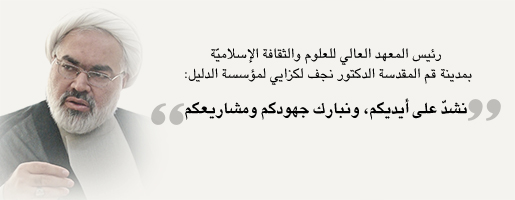

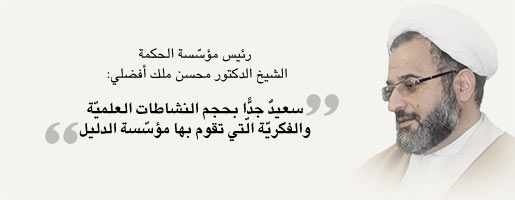

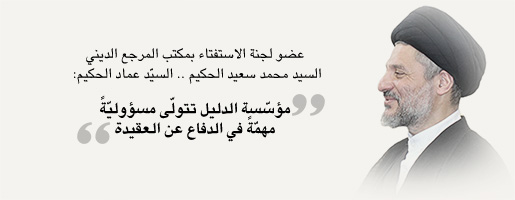




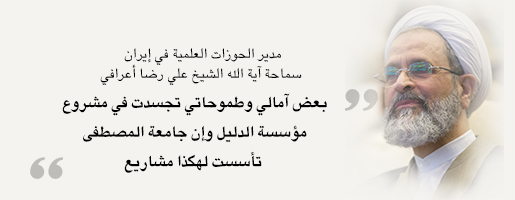

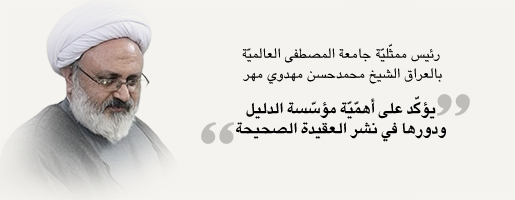




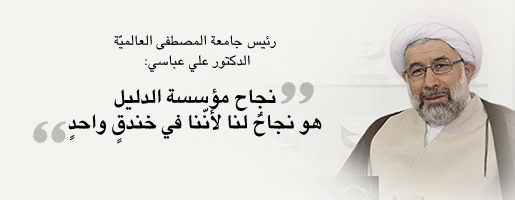

Mustafa Azizi
Abstract
Fideism is an intellectual trend that has emerged in both the Western and Islamic worlds from ancient times to the present day. It emphasizes the primacy of faith over reason, and seeks to exclude and neutralize reason from the realm of faith. In the Islamic world, fideism is embodied in the Salafi school, which unequivocally advocates for the exclusion of reason, rational evidence, and purely rational sciences, framing reason within the bounds of religious law. In the Western world, fideism is represented by the Empirical school, which believes that religious doctrinal systems are not subject to rational evaluation. Any attempt to prove religious beliefs through reason and rational evidence, such as proving the existence of God, is deemed futile, as the domain of religious beliefs is not one of rationality, contemplation, or inference, but rather one of passion, love, emotion, and sentiment and no more. Therefore, it can be said that there are two fundamental interpretations of fideism: first, that religion and faith are opposed to reason; and second, that faith is not opposed to reason, but rather it is above reason.In this comparative study, we analyze the characteristics and features of fideism from the perspective of the Salafi and Empirical schools of thought. We highlight the common foundations and pillars between the two schools, and ultimately, we undertake an absolute evaluation and critique of comprehensive fideism.
